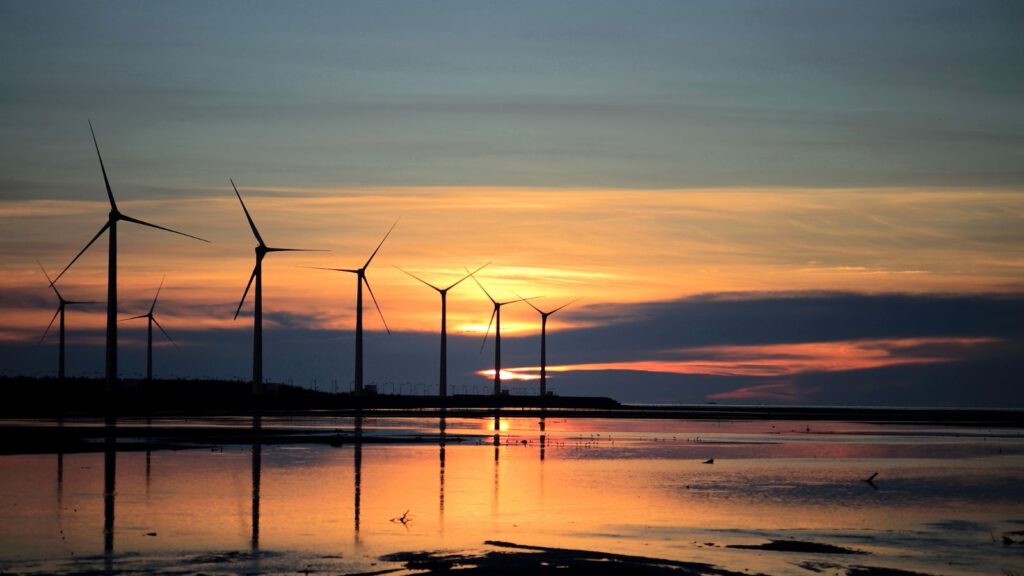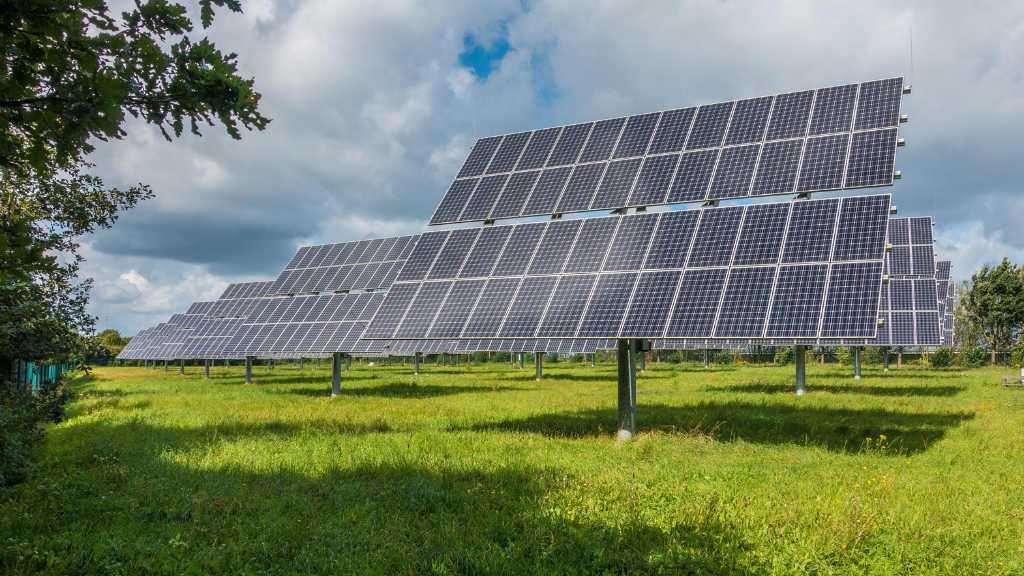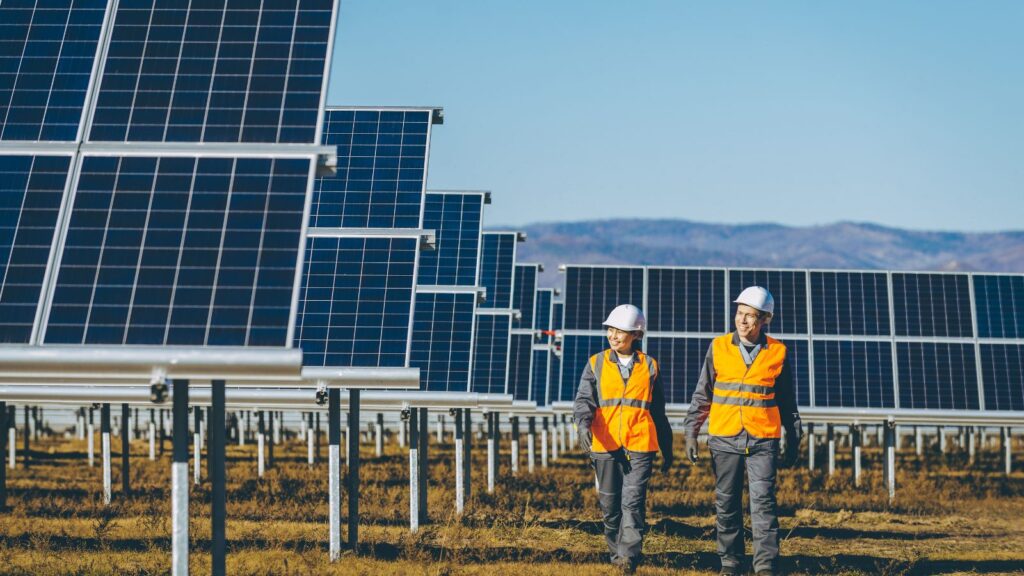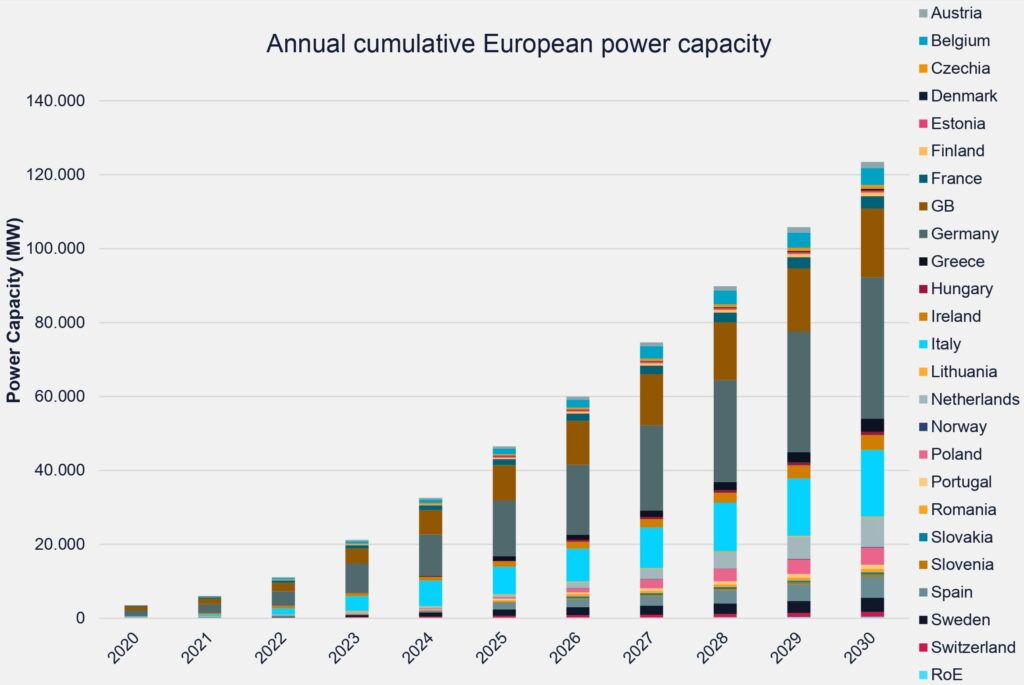April 2019 / Policy Papers
Maximising Social Welfare of Energy Storage Facilities through Multi-Service Business Cases
In November 2018, the European Commission presented its strategic long-term vision for a prosperous, modern, competitive and climate-neutral economy by 2050, which seeks to establish a vision on how the EU can deliver on the Paris Agreement. The strategy assesses different pathways for the EU to achieve greenhouse gas emissions reductions between -80% by 2050 (compared to 1990) up to net zero greenhouse emissions by 2050.
All scenarios developed by the European Commission converge on one element: storage capacity will significantly increase to enable integration of higher shares of variable RES in a faster, more efficient way. Total stationary storage used in the power system (i.e. pumped hydro storage, stationary batteries and chemical storage, including the indirect storage effects of producing e-fuels for the final consumers) is expected to reach between 250 TWh to 450 TWh by 2050.1
This strong increase in energy storage demand raises questions: how will the market evolve to cope with the need for storage, how will storage services be remunerated, and how can this added value from energy storage be maximised?




